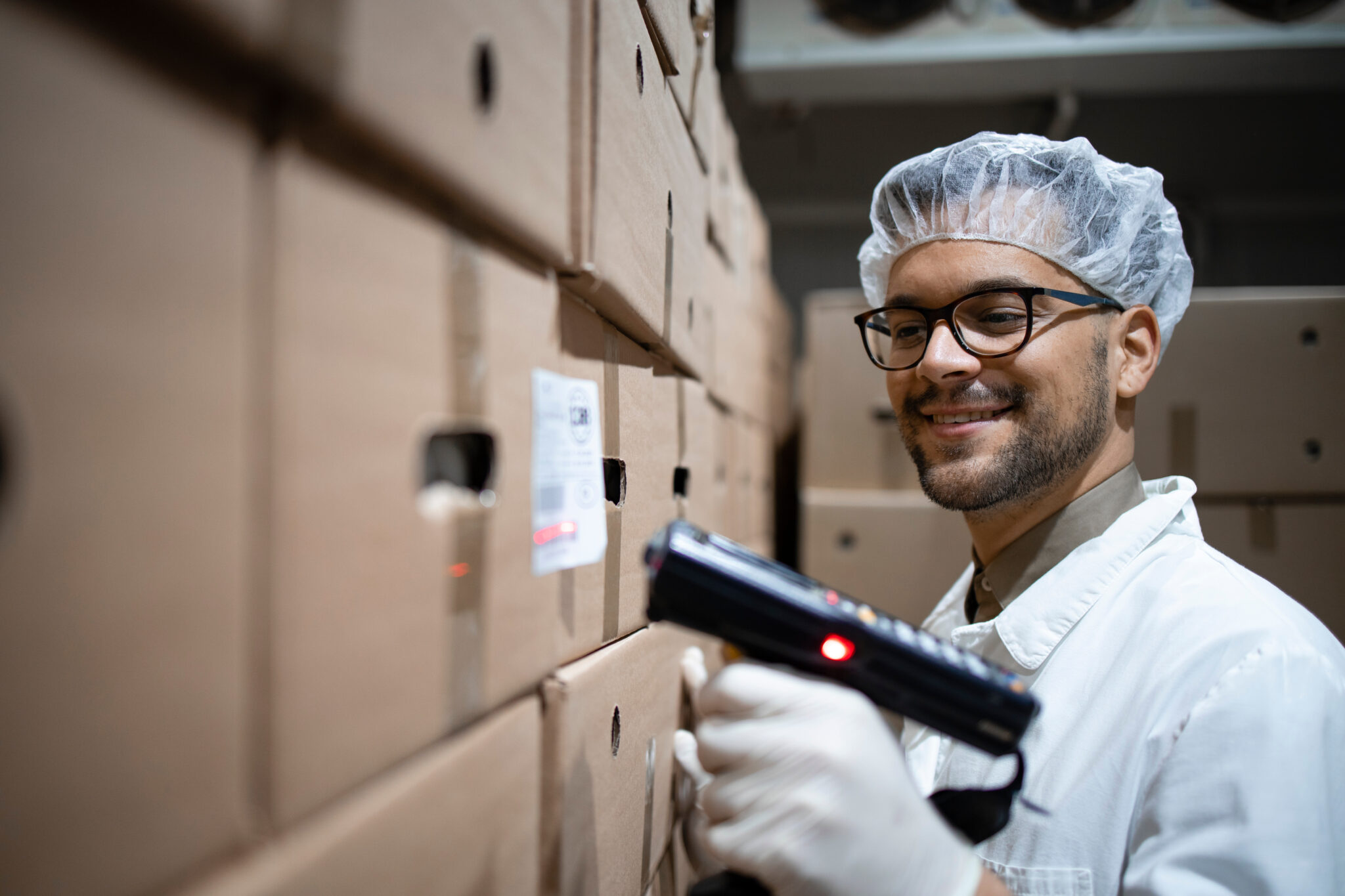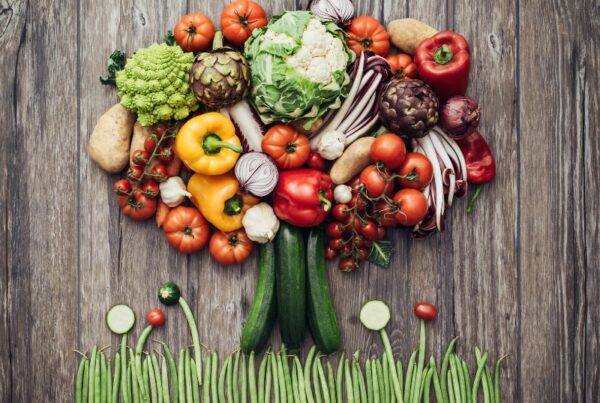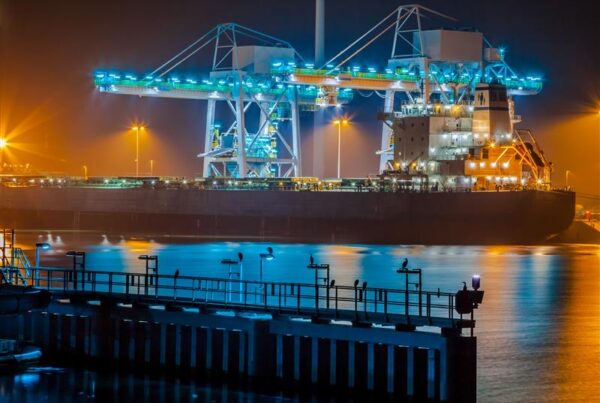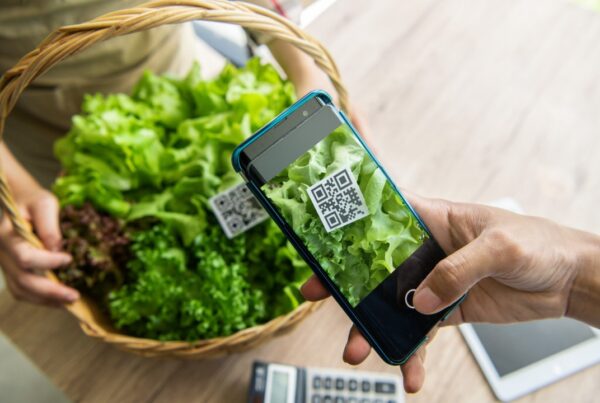Building a Resilient Supply Chain
Recently, the food and beverage industry has faced disruptions in its supply chain due to factors like natural disasters, pandemics, trade disputes, and even wars. These challenges have emphasized the significance of creating robust supply chains, capable of enduring unexpected shocks while ensuring the safety and availability of our favorite products. Let’s explore the strategies the industry is adopting to create more robust and flexible supply chains.
- Supplier Diversification:
Companies are implementing multifaceted strategies to fortify their supply chain resilience. One key tactic involves diversifying their supplier base, which mitigates dependence on a sole source. This strategic diversification enables the utilization of alternative sources should one supplier encounter disruptions, guaranteeing a continuous supply of ingredients and raw materials. Moreover, companies are forging closer ties with suppliers to establish contingency plans and perform thorough risk assessments, thereby identifying potential vulnerabilities. The globalization phenomenon has emerged as a pivotal catalyst supporting these supplier diversification strategies. It affords companies increased market access, a wider array of options, opportunities for cost optimization, technological advancements, risk mitigation, and the potential for innovation. Embracing globalization empowers businesses to quickly adapt to shifting market conditions and heightens their competitive edge in an ever-evolving global economy.
- Embracing Technology:
Advancements in technology are revolutionizing supply chain management in the food and beverage industry. For instance, the use of blockchain technology allows for greater transparency and traceability, enabling companies to track products from farm to store. This helps identify and address any issues or recalls quickly, minimizing the impact on consumers and maintaining trust in the brand.
- Analytics and Forecasting:
Analytics plays a crucial role in the resiliency of the supply chain. By analyzing historical data, companies can anticipate demand fluctuations and adjust their production and inventory levels accordingly. Predictive analytics also aids in identifying potential disruptions and enables proactive measures to be taken, ensuring minimal disruption to the supply chain.
- Collaboration and Partnerships:
Collaboration among industry stakeholders is vital for building resilient supply chains. Companies are joining forces with suppliers, distributors, and even competitors to share best practices and resources. Such partnerships foster a collective approach towards managing risks and enable rapid response during times of crisis.
- Sustainable Practices:
In an era marked by frequent supply chain disruptions and heightened environmental consciousness, the integration of local sourcing and sustainable practices stands as a formidable strategy. The contemporary approach to building resilient supply chains places sustainability at its core, with an increasing focus on minimizing carbon footprints and optimizing transportation logistics. By combining these elements, companies can forge flexible supply chains that not only adeptly respond to shifting dynamics but also actively contribute to a more sustainable and robust future. This approach transcends mere competitiveness; it embodies a commitment to making a positive global impact.
The food and beverage industry grapples with a myriad of challenges in our ever-evolving world, posing threats to the supply chain which in turn, affect product availability and quality. However, there are brands like True Grade that understand the importance of a stable supply chain and actively work towards overcoming disruptions. They prioritize supply chain resilience and foster a sustainable future by diversifying their suppliers, minimizing the risk associated with relying on a single source. This strategy ensures that even in times of unexpected events, they can quickly adapt and continue to provide customers with their desired products. Moreover, the food and beverage industry as a whole is making significant strides in building resilient supply chains. Companies are embracing supplier diversification, technology adoption, data analytics, collaboration, and sustainable practices to create agile and robust systems that guarantee continuous access to safe and high-quality products. As consumers, it is crucial to support these efforts by choosing brands that prioritize supply chain resilience, as it contributes to a more secure and sustainable future for the entire industry.







